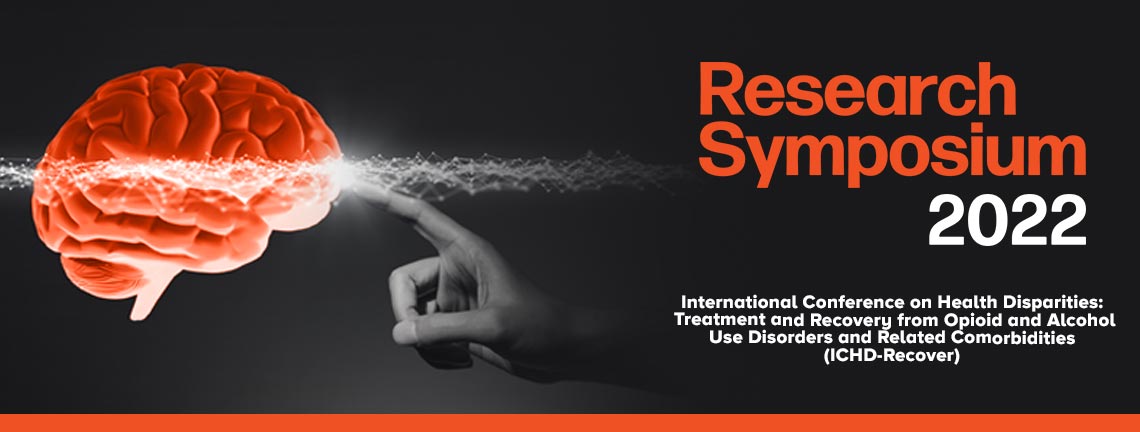
Posters
Presentation Type
Poster
Discipline Track
Patient Care
Abstract Type
Research/Clinical
Abstract
Introduction: As per the National Academy of Medicine, patient safety is considered indistinguishable from the delivery of quality health care, and is referred to as the foundation upon which all other aspects of quality care are built. Throughout the years, graduate medical education (GME) across the world has evolved to ensure the training of future medical professionals includes exposure to many of the elements that compose patient safety, such as implementing root cause analysis, systems thinking, and disclosing adverse events. University of Texas Rio Grande Valley (UTRGV) is the sponsoring institution for 19 GME programs across different specialties. As part of the orientation for their respective residencies, the GME office designed a workshop to introduce patient safety concepts and skills. We conducted a quality improvement project to assess the workshop and identify strengths and areas for improvement.
Methods: The GME Office, with chief residents, program leaders and pharmacy faculty, developed and delivered a multidisciplinary simulation workshop involving internal medicine, family medicine, general surgery, psychiatry, and pharmacy residents spanning 4 hours during resident orientation period June 21-23, 2022. We created groups of 4-6 learners with mixed disciplines. Interventions focused on: (1) root cause analysis; (2) disclosure of patient safety events; (3) identifying patient safety hazards in the inpatient setting; (4) interdisciplinary communication skills. The workshop will include the use of small-group discussion, mannequins, reflection and role modeling. Participants will complete an anonymous pre and post survey to determine the effect of the workshop and seek improvements in GME at UTRGV.
Discussion: Patient safety training and education of health care professionals have not kept pace with advances in patient safety or workforce requirements. Internal and national surveys show that residencies struggle to meet competencies in patient safety, quality improvement, and accountability as required by the ACGME. This inaugural UTRGV GME Office patient safety interprofessional simulation workshop attempts to address and enhance the knowledge and confidence surrounding patient safety concepts. Results will include and pre and post survey evaluations of the workshop and identify next steps.
Recommended Citation
Albustamy, Ans; Mifuji, Roque; Lopez, Michelle; Villagomez, Teresa; and Chang, Chelsea, "Patient Safety Workshop: A Graduate Medical Education Interprofessional Simulation Half-Day" (2023). Research Symposium. 11.
https://scholarworks.utrgv.edu/somrs/2022/posters/11
Included in
Bioethics and Medical Ethics Commons, Interprofessional Education Commons, Medical Humanities Commons
Patient Safety Workshop: A Graduate Medical Education Interprofessional Simulation Half-Day
Introduction: As per the National Academy of Medicine, patient safety is considered indistinguishable from the delivery of quality health care, and is referred to as the foundation upon which all other aspects of quality care are built. Throughout the years, graduate medical education (GME) across the world has evolved to ensure the training of future medical professionals includes exposure to many of the elements that compose patient safety, such as implementing root cause analysis, systems thinking, and disclosing adverse events. University of Texas Rio Grande Valley (UTRGV) is the sponsoring institution for 19 GME programs across different specialties. As part of the orientation for their respective residencies, the GME office designed a workshop to introduce patient safety concepts and skills. We conducted a quality improvement project to assess the workshop and identify strengths and areas for improvement.
Methods: The GME Office, with chief residents, program leaders and pharmacy faculty, developed and delivered a multidisciplinary simulation workshop involving internal medicine, family medicine, general surgery, psychiatry, and pharmacy residents spanning 4 hours during resident orientation period June 21-23, 2022. We created groups of 4-6 learners with mixed disciplines. Interventions focused on: (1) root cause analysis; (2) disclosure of patient safety events; (3) identifying patient safety hazards in the inpatient setting; (4) interdisciplinary communication skills. The workshop will include the use of small-group discussion, mannequins, reflection and role modeling. Participants will complete an anonymous pre and post survey to determine the effect of the workshop and seek improvements in GME at UTRGV.
Discussion: Patient safety training and education of health care professionals have not kept pace with advances in patient safety or workforce requirements. Internal and national surveys show that residencies struggle to meet competencies in patient safety, quality improvement, and accountability as required by the ACGME. This inaugural UTRGV GME Office patient safety interprofessional simulation workshop attempts to address and enhance the knowledge and confidence surrounding patient safety concepts. Results will include and pre and post survey evaluations of the workshop and identify next steps.

